News
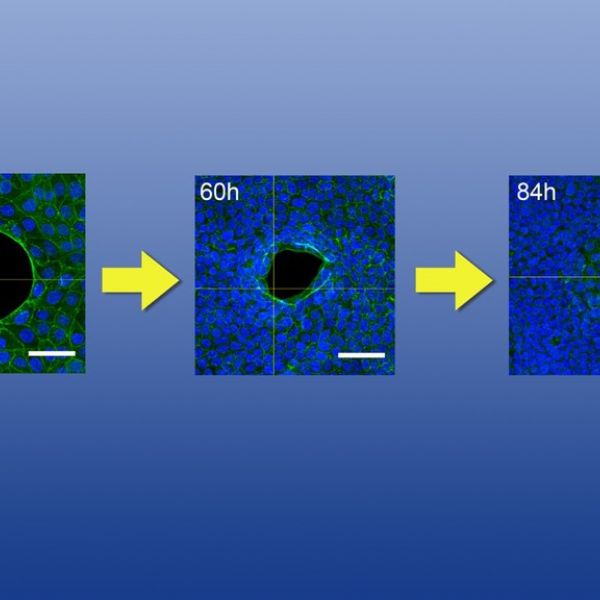
Jun 14, 2021
New tissue-closure model may aid in promotion of faster wound healing
The observation of a previously undetected biological mechanism for closing gaps in living tissue improves basic understanding of the wound-healing process and may one day inform strategies to speed healing after surgery.
Full Article
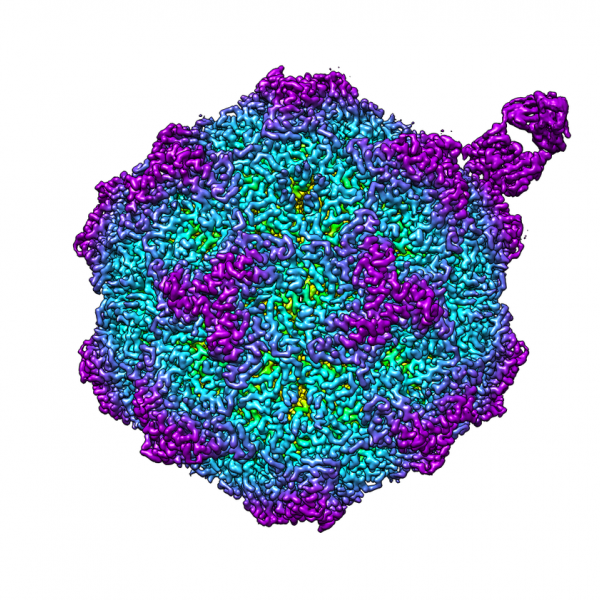
Jun 03, 2021
New images of canine parvovirus may help predict how virus jumps to new species
Canine parvovirus (CPV) is a highly infectious pathogen that causes severe diseases in unvaccinated dogs, including inflammation of the heart and acute gastrointestinal illness. Originating in cats, the virus is a rare example of a DNA-based virus that can jump between species, and a team of researchers’ discovery may help in predicting this and the virus’ ability to evolve, which could have implications for current vaccines used in dogs.
Full Article
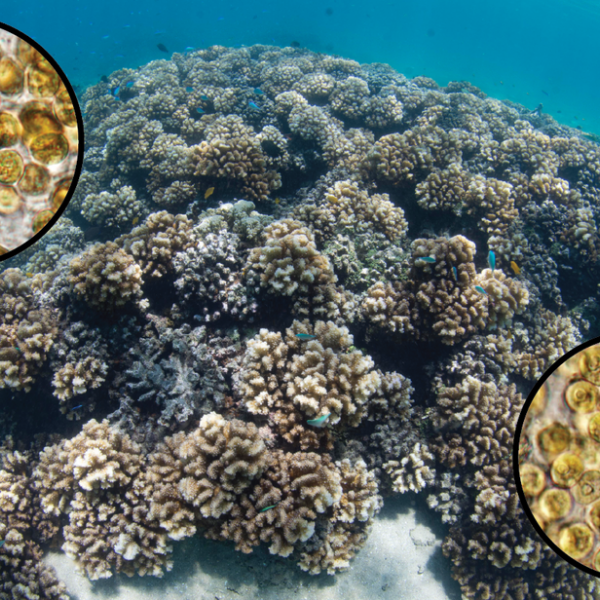
May 27, 2021
Widespread coral-algae symbioses endured historical climate changes
One of the most important and widespread reef-building corals, known as cauliflower coral, exhibits strong partnerships with certain species of symbiotic algae, and these relationships have persisted through periods of intense climate fluctuations over the last 1.5 million years, according to a new study led by researchers at Penn State.
Full Article
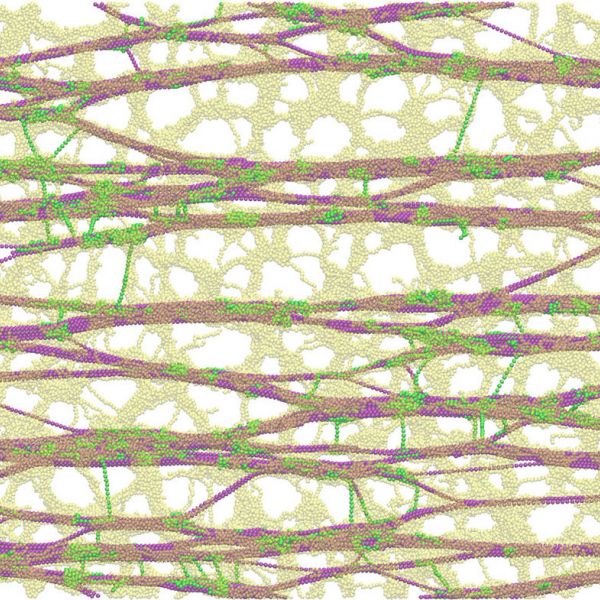
May 17, 2021
What makes plant cell walls both strong and extensible?
A plant cell wall’s unique ability to expand without weakening or breaking — a quality required for plant growth — is due to the movement of its cellulose skeleton, according to new research that models the cell wall.
Full Article
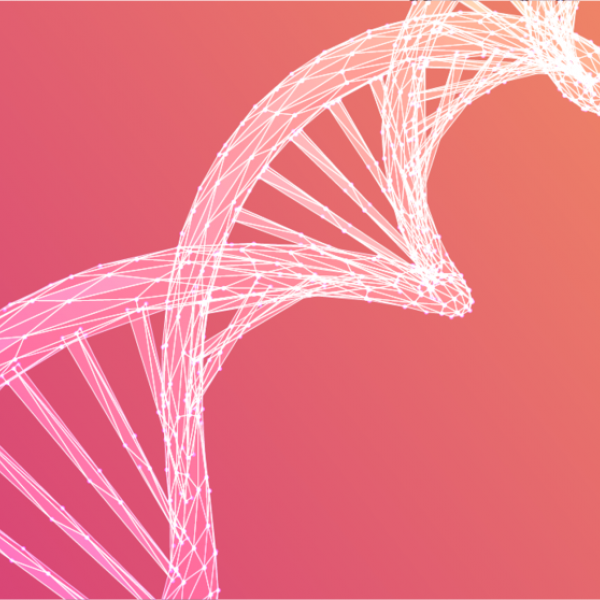
Apr 22, 2021
Bypassing broken genes
A new approach to gene editing using the CRISPR/Cas9 system bypasses disease-causing mutations in a gene, enabling treatment of genetic diseases linked to a single gene, such as cystic fibrosis, certain types of sickle cell anemia, and other rare diseases
Full Article
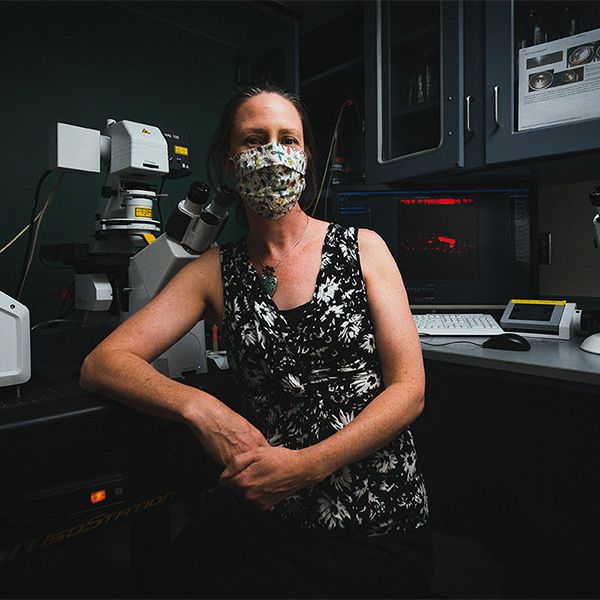
Apr 26, 2021
MCIBS head Melissa Rolls honored with 2021 Graduate Program Chair Leadership Award
Melissa Rolls, Paul Berg Professor of Biochemistry and Molecular Biology, in the Eberly College of Science, is the 2021 recipient of Penn State's Graduate School Alumni Society Graduate Program Chair Leadership Award.
Full Article

Apr 09, 2021
New position will support graduate and post-graduate training
Donna Korzick, professor of physiology and kinesiology, recently assumed a new role as director of graduate training initiatives in the Huck Institutes for the Life Sciences. In this role, Korzick is dedicating half of her time to support the application for and execution of training grants from organizations like the National Institutes of Health.
Full Article
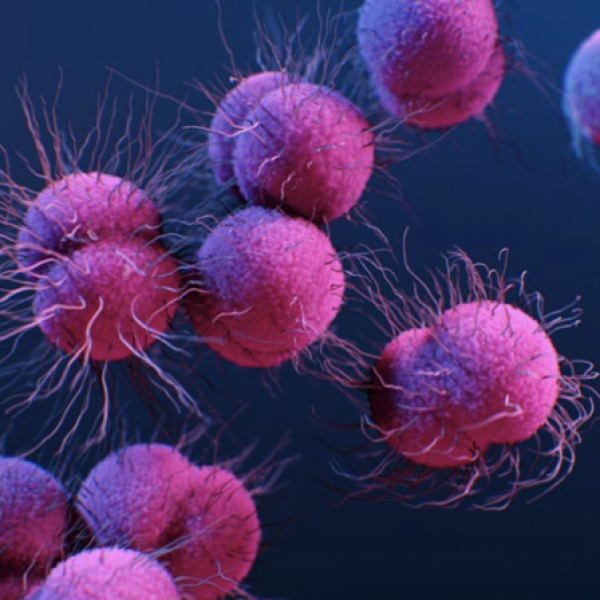
Mar 19, 2021
New antibiotic clears multi-drug resistant gonorrhea in mice in single dose
A new antibiotic compound clears infection of multi-drug resistant gonorrhea in mice in a single oral dose, according to a new study led by researchers at Penn State and Emory University.
Full Article

Mar 18, 2021
Ottar Bjørnstad elected to Norwegian Academy of Sciences and Letters
Ottar N. Bjørnstad, distinguished professor of entomology and biology and J. Lloyd & Dorothy Foehr Huck Chair of Epidemiology at Penn State, has been elected to the Norwegian Academy of Sciences and Letters. Bjørnstad was recommended as a result of his significant contributions to the fields of population ecology and quantitative epidemiology.
Full Article
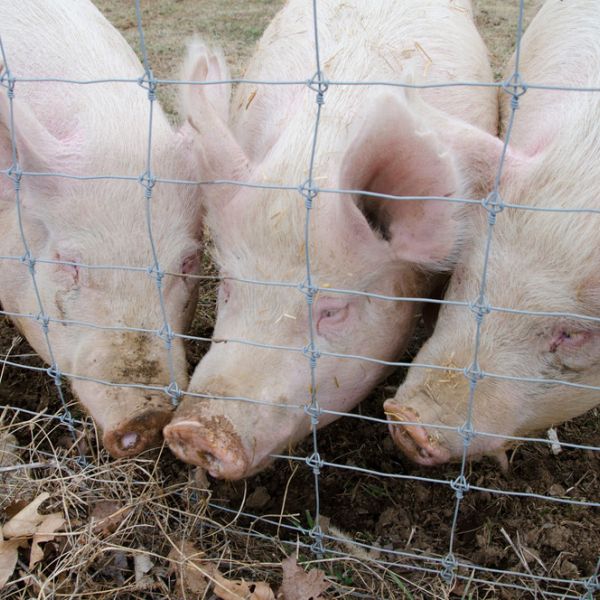
Mar 30, 2021
Tool can provide swine producers with early diagnosis of often-fatal 'Strep zoo'
A team led by researchers in Penn State's College of Agricultural Sciences has developed a diagnostic test that can identify virulent forms of the swine bacterial pathogen Streptococcus equi subspecies zooepidemicus — often referred to as "Strep zoo" — which can cause severe illness and death in pigs, other animals and rarely people.
Full Article